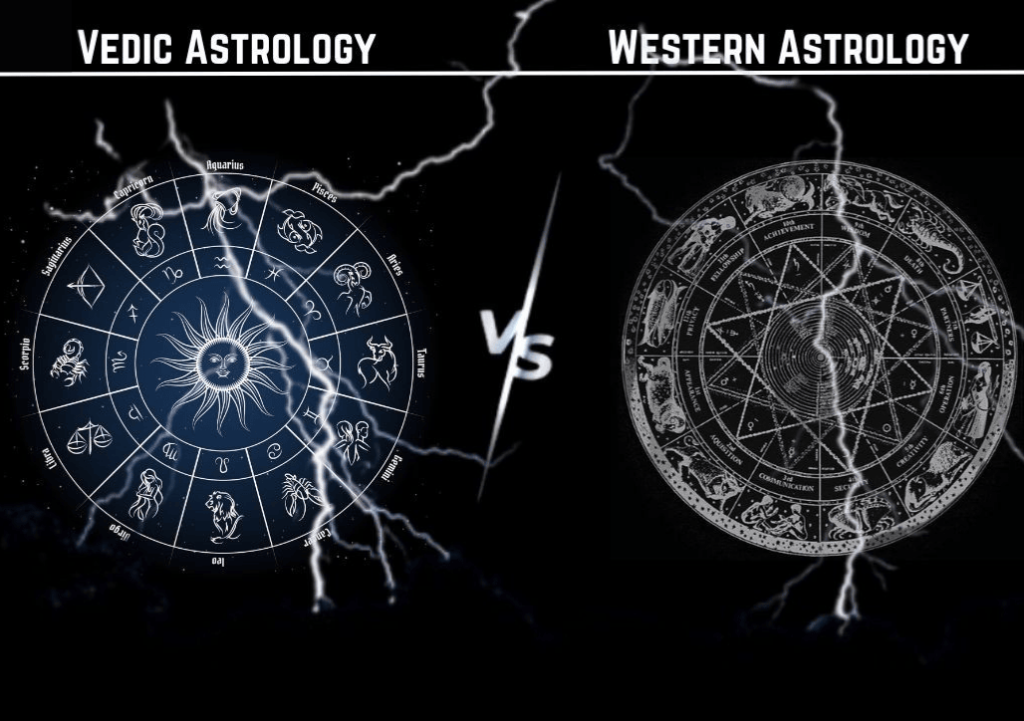
Vedic Astrology vs. Western Astrology: A Cosmic Comparison
Astrology has intrigued humanity for centuries, offering a connection between human lives and the cosmos. At Astro Num, we delve into the two most prominent systems—Vedic Astrology vs Western Astrology—each with its unique approach and cultural heritage. Whether you seek spiritual guidance or personality insights, understanding these systems can help you choose the one that aligns with your aspirations.
Origins and History
Vedic Astrology (Jyotish): Originating over 5,000 years ago in India, it is deeply rooted in ancient Vedic scriptures and emphasizes spiritual growth, karma, and destiny.
Western Astrology: Emerging around 2,000 years ago in Mesopotamia and developed further in Greece and Rome, this system focuses on personality astrology traits and psychological understanding.
Key Differences
|
Aspect |
Vedic Astrology |
Western Astrology |
|
Zodiac System |
Sidereal (actual star constellations) |
Tropical (aligned with equinoxes and seasons) |
|
Primary Focus |
Predictive (karma, life path) |
Psychological (personality, self-growth) |
|
Planets Considered |
Includes Rahu & Ketu (lunar nodes) |
Excludes Rahu & Ketu |
|
Time System |
Lunar-based (Moon and Nakshatras) |
Solar-based (Sun and seasons) |
|
Chart Format |
Square charts (North or South Indian styles) |
Circular charts |
|
Remedies |
Mantras, gemstones, rituals |
Self-reflection, awareness-building |
|
Cultural Roots |
Deeply tied to Indian spiritual practices |
Rooted in Greco-Roman philosophy and symbolism |
Sidereal vs. Tropical Astrology: Why Signs May Differ
One of the biggest distinctions in Vedic Astrology vs Western Astrology lies in their zodiac systems.
- Vedic Astrology uses the sidereal zodiac, which is aligned with the actual positions of constellations in the sky.
- Western Astrology, also known as Tropical Astrology, is based on the Earth’s relationship to the Sun during the seasons.
This results in a ~24-degree shift. So, someone who is a Leo in Tropical Astrology might be a Cancer in Vedic Astrology.
Zodiac Systems
The primary distinction lies in how the two systems calculate zodiac signs. Vedic Astrology uses the sidereal method, aligning with actual star positions. Due to a 24-degree difference, your sign in Western Astrology (Tropical method) might not match your Vedic chart.
A 7 Chakra Hematite Bracelet can help balance your energy centers while you explore your astrological path. Hematite is known for its grounding properties, making it ideal for stabilizing emotions influenced by zodiac shifts. It’s a powerful companion for spiritual alignment in both Vedic and Western practices.
Planetary Insights
While both systems rely on planetary positions, Vedic Astrology also incorporates Rahu (North Node) and Ketu (South Node) for deeper karmic insights. Western Astrology places more emphasis on planets and their aspects to analyze personality—also known as Personality Astrology.
Predictive Astrology and the Role of Dashas
Vedic Astrology specializes in Predictive Astrology, offering detailed life forecasts using tools like Dashas—planetary periods that rule over specific timeframes in a person’s life.
Western Astrology, on the other hand, leans toward psychological timing using progressed charts and solar returns, emphasizing how individuals evolve internally.
If you’re exploring karmic influences through Vedic astrology, you may also want to learn about the powerful impact of Kaal Sarp Dosh effects, a condition known to shape major life events and challenges.
Remedies and Solutions
Vedic Astrology offers practical remedies, such as chanting mantras, wearing gemstones, or conducting rituals, to balance planetary influences and mitigate karmic imbalances.
Western Astrology leans towards introspection, therapy, and personal development, emphasizing self-awareness as a tool for growth.
Cultural Influence
Vedic Astrology: Integral to Indian culture, influencing life decisions like marriage, career, and finances. It is often referred to as a life-mapping system rooted in spirituality.
Western Astrology: Popular globally, especially for personality analysis, daily horoscopes, and psychological exploration.
For those interested in relationship compatibility through Vedic astrology, try our kundali matching tool to see how your charts align in terms of love, marriage, and long-term harmony.
Additional Insight: Vedic Birth Charts vs. Western Charts
In Vedic Astrology, birth charts are typically square-shaped (or diamond in South Indian style), and often include divisional charts for detailed life analysis. Western charts, by contrast, are circular and focused more on psychological interpretations.
Which Should You Choose?
Your choice depends on your goals:
- Vedic Astrology: Ideal for spiritual growth, Predictive Astrology, detailed timing, and actionable remedies (including Dashas in Vedic Astrology).
- Western Astrology: Perfect for understanding personality, psychological cycles, and sun sign-based traits through Tropical Astrology.
Why not explore both systems? Each offers a unique lens to view your life’s journey.
Conclusion
At Astro Num, we aim to bridge the gap between ancient wisdom and modern insights. Whether it’s Vedic Astrology or Western Astrology, both systems unlock different dimensions of your life. Discover your path with Astro Num’s expert guidance.
To receive personalized guidance on your birth chart, zodiac compatibility, or remedies, you can connect directly with Astro Num experts who specialize in both Vedic and Western systems for well-rounded astrological insight.
What is the main difference between Vedic and Western Astrology?
Vedic Astrology uses the sidereal zodiac focusing on the Moon sign, while Western Astrology uses the tropical zodiac emphasizing the Sun sign.
Can both systems provide accurate predictions?
Yes, both systems offer valuable insights. Vedic Astrology excels in Predictive Astrology, while Western Astrology helps with personality astrology and psychological analysis.
Which astrology system should I follow?
It depends on your needs. Choose Vedic Astrology for detailed predictions and remedies, or Western Astrology for personal growth and self-discovery.
How do I get my Vedic or Western chart analyzed?
You can consult Astro Num’s experts or use our online tools to access accurate and personalized readings.
Can I combine both systems?
Yes, many astrologers integrate Vedic and Western techniques to provide a holistic perspective on life and destiny.
Why is the Tropical Zodiac used in Western Astrology?
Tropical Astrology is based on the Earth’s orientation to the Sun and the changing seasons. Western astrologers use this system to align zodiac signs with the Spring Equinox, rather than the actual positions of stars in the sky.
How does Vedic Astrology handle karma and past life influences?
Vedic Astrology views the birth chart as a map of your karmic path, shaped by actions from past lives. Conditions like Kaal Sarp Dosh effects are considered indicators of unresolved karmic debts or soul lessons.

